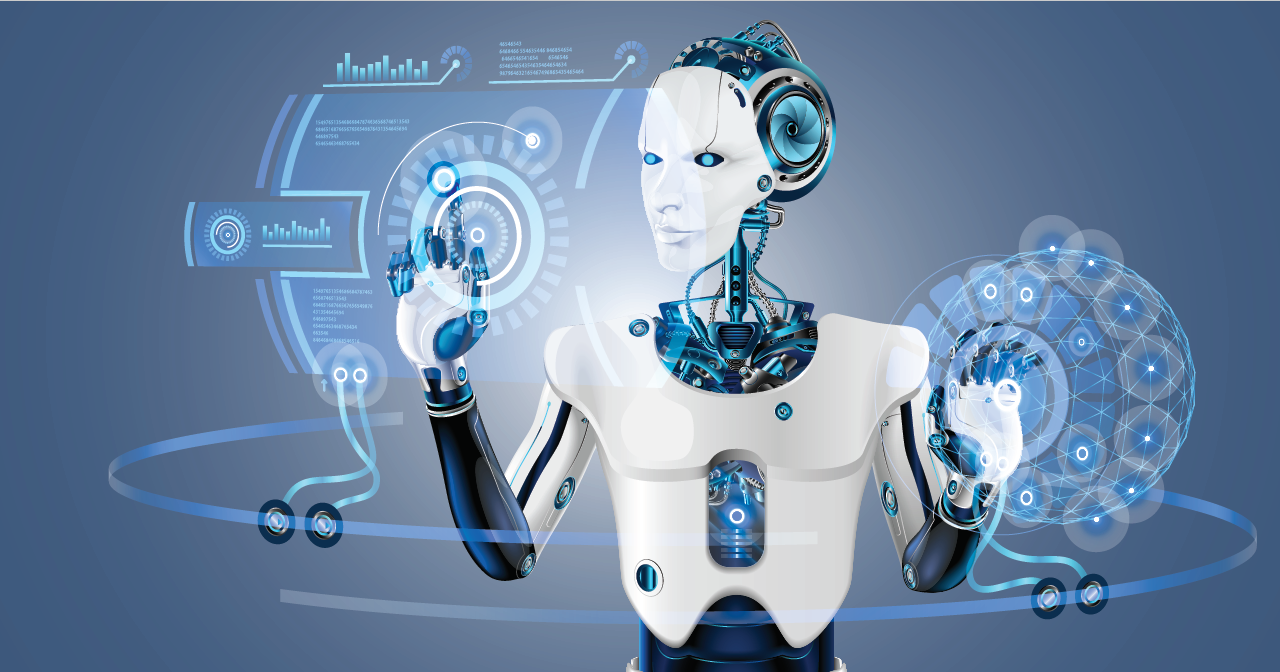Highlights
° Robotic Process Automation (RPA) automates repetitive tasks, freeing up employees for more strategic activities.
° RPA is applicable across a wide range of industries and processes, with virtually any high-volume, business-rule-driven, repeatable process being a great candidate for automation.
° RPA and Artificial Intelligence (AI) are distinct technologies but can be integrated to complement each other, and the automation journey generally goes through three stages: laying the foundation, automating key processes, and improving employee experience strategy.
Robotic Process Automation (RPA) is a powerful technology that can automate repetitive, operational tasks across various industries. The global RPA market is expected to reach $13.74 billion by 2028, with a compound annual growth rate of 32.8%.
In this article, we will explore the benefits of RPA, including how it improves business productivity, the industries that can utilize it, and how it differs from Artificial Intelligence (AI).
Join our WhatsApp ChannelThe Benefits of RPA for Business Productivity
RPA is an effective tool for automating repetitive, manual activities that involve large volumes of data and analysis. With RPA, software robots can read data, fill out spreadsheets, interpret code, extract data, and perform various other tasks automatically. RPA robots are more efficient than humans due to their agility and precision in data processing. By automating these mundane tasks, employees can focus on more strategic activities that require decision-making, creativity, leadership, communication, and emotional intelligence.
READ ALSO: Jobs That Will Be Replaced By AI, Chat GPT
Industries that Utilize RPA
RPA is widely applicable across various industries, including financial services, healthcare, manufacturing, the public sector, and retail. Virtually any high-volume, business-rules-driven, repeatable process is a great candidate for automation. Moreover, cognitive processes that require higher-order Artificial Intelligence skills are increasingly becoming suitable for RPA automation.
The Distinction Between RPA and AI
RPA and AI are two distinct technologies, but their features can be integrated depending on the context. RPA robots are programmed to perform a series of repetitive tasks based on rules stipulated by the user. They can’t learn or improve their performance during the process. However, when AI features are integrated into RPA, automation starts to interpret behaviors, such as language processing or computer vision and increases the possibilities for decision-making.
Implementing RPA Efficiently: A Three-Stage Process
To implement RPA efficiently, a three-stage process is recommended. The stages are as follows: Lay the foundation, build-out, and make tests.
To get started on your automation journey, you need to discover the benefits through pilot projects and quick wins. Build your initial team and technology foundations and move out to capture the best initial opportunities.
Go wider by automating key cross-enterprise processes
In stage 2, scale automation by focusing first on top-down, cross-enterprise opportunities that have a big impact. Extend the capabilities and throughput of the automation function and expand the types of processes you can automate.
Improve your employee experience strategy
In the final stage, become a fully automated enterprise by capturing automation opportunities across the enterprise. Most people would love to get rid of their tedious everyday tasks and focus on the strategic parts of their work. By implementing RPA, humans can regain those hours and be brilliant at their jobs.
Conclusion
In conclusion, the implementation of RPA can increase company productivity, contribute positively to seizing opportunities for scale, and liberate people to focus on strategic activities. As the global RPA market continues to grow, it’s crucial for businesses to understand how they can utilize RPA to improve their operations. The benefits of RPA extend beyond just saving time and money; it empowers businesses to achieve their goals with greater efficiency and effectiveness.


















Follow Us